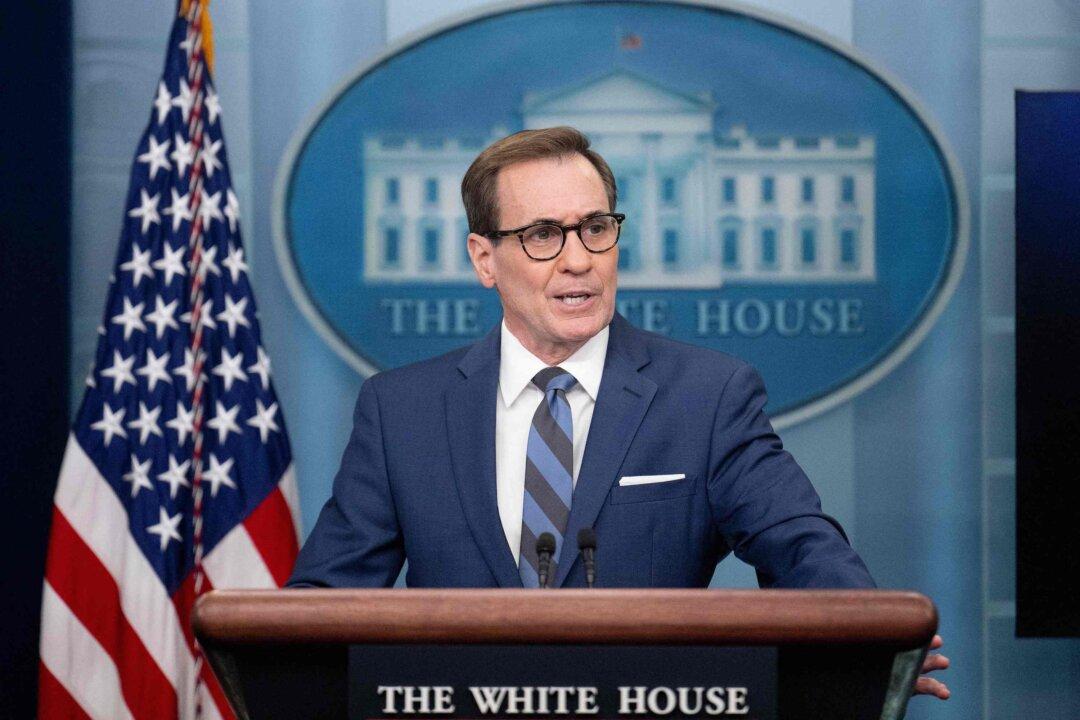One day after a State Department spokesperson warned that the ongoing Speaker of the House battle could eventually raise concerns related to the United States’ national security, a White House spokesperson offered a less alarming narrative.
“I don’t want to speculate about how long things would go before there would be some deeper concern about national security implications,” White House national security spokesperson John Kirby told reporters on Jan. 6.





